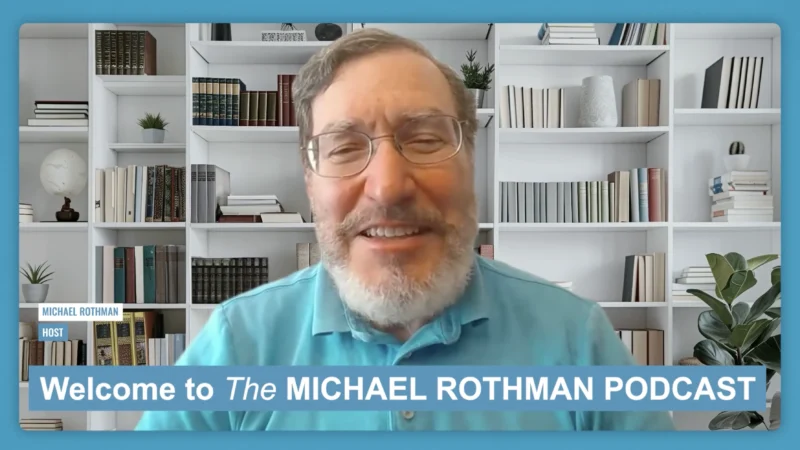The Future of High-Tech Healthcare
Over the past two years, the healthcare industry has experienced significant changes in how, when, and where it utilizes technology. In addition, the way patients perceive and want to interact with the healthcare system has undergone a dramatic shift. In this “Health and Life Sciences at the Edge” podcast, host Michelle Mooney talks with Alex Flores, head of Intel’s Global Health Solutions vertical, about the causes and trends driving these changes.
“I believe three things are behind the changes we’re seeing,” says Flores. “The healthcare industry is moving at pandemic-speed; there’s been an accelerated investment in and adoption of artificial intelligence (AI); and patient expectations have evolved.”
The pandemic forced healthcare leaders to quickly digitize many aspects of the system so care could be delivered outside the traditional four walls of clinics and hospitals. This increased the adoption AI, with more than 84% of healthcare leaders surveyed saying they expect widespread AI adoption within five years.
Patients have come to expect healthcare to be more personal, convenient, and flexible. “The resulting ‘hybrid care models’ have created a demand for additional compute, security, data storage, and analysis, particularly in hospitals” says Flores.
Tech and data-driven hospitals (Smart Hospitals) are employing extensible tech frameworks that enable workflow agility across healthcare partners, providers, and systems. “In today’s digital-first world,” says Flores, “Smart Hospitals are significantly increasing connectivity, intelligence and automation. Ultimately, these lead to improved care models and workflow efficiencies.”
Intel’s superpowers – AI, ubiquitous computing, pervasive connectivity, edge to cloud infrastructure – are particularly relevant to healthcare due to the sheer amount of data generated by the healthcare system. “It’s estimated that healthcare produced about 30% of the world’s data produced worldwide,” says Flores, “but only 5% of that data gets analyzed.” This points to the need to enable more analytics at the “intelligent edge” in hospitals and clinics.
Looking to the future, Flores is excited about how digital technologies can revolutionize the healthcare industry. In particular, he points to the concept of the “digital twin,” which allows a comprehensive and predictive model of a patient. to be generated by aggregating and coupling data with real-time information. “The digital-twin can also be applied to physical hospitals and allows stakeholders to review how implementing innovative solutions would impact operational efficiencies.”
“The bottom line,” says Flores, “is that in order for the healthcare industry to truly transform, it will need to embrace technology and dedicate itself to improving the patient journey.”
Connect with Alex Flores on LinkedIn
To learn more about Smart Hospitals, visit Smart Hospital
Follow @IntelHealth on Twitter
Subscribe to this channel on Apple Podcasts, Spotify, and Google Podcasts to hear more from the Intel Internet of Things Group.








